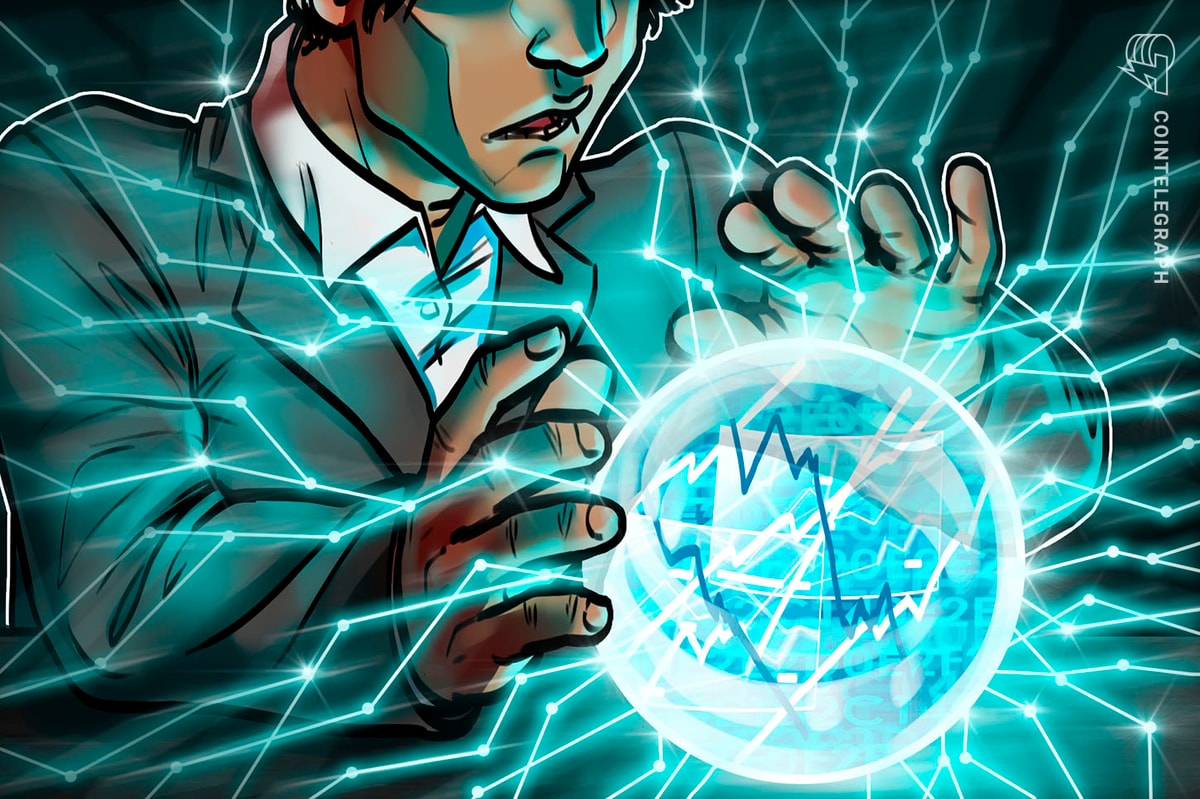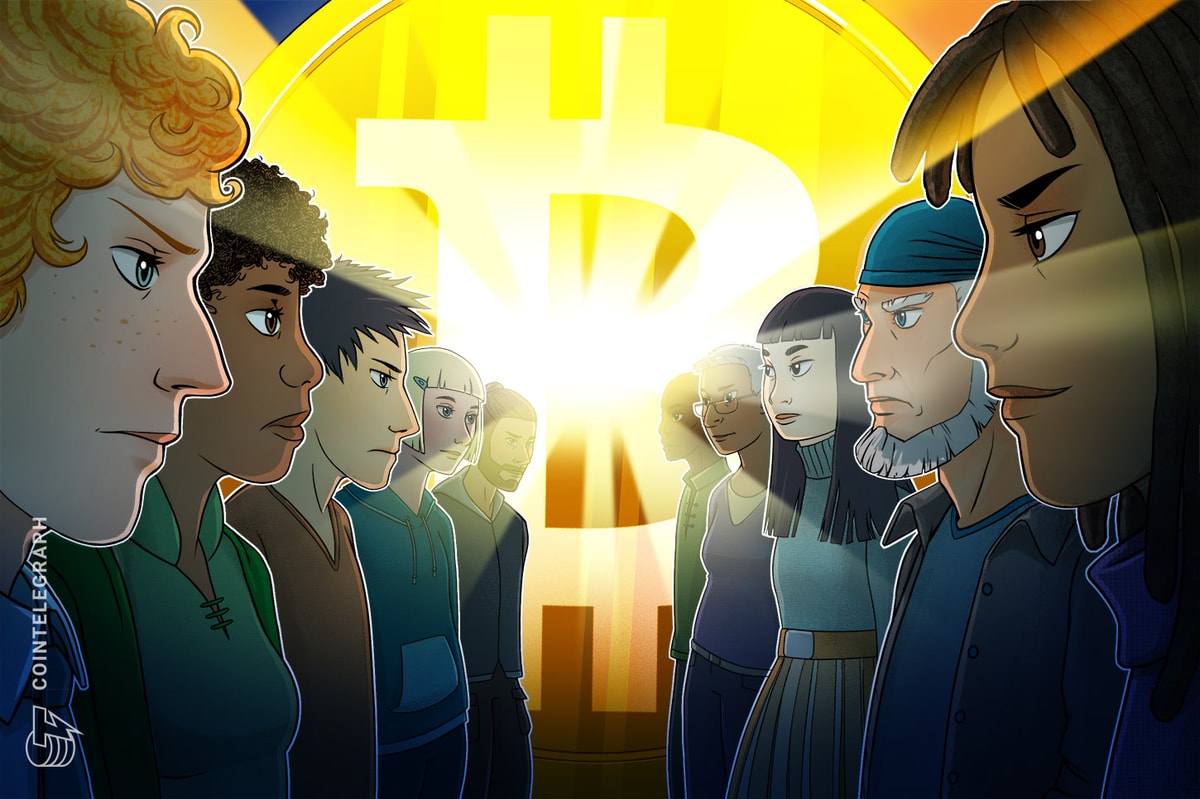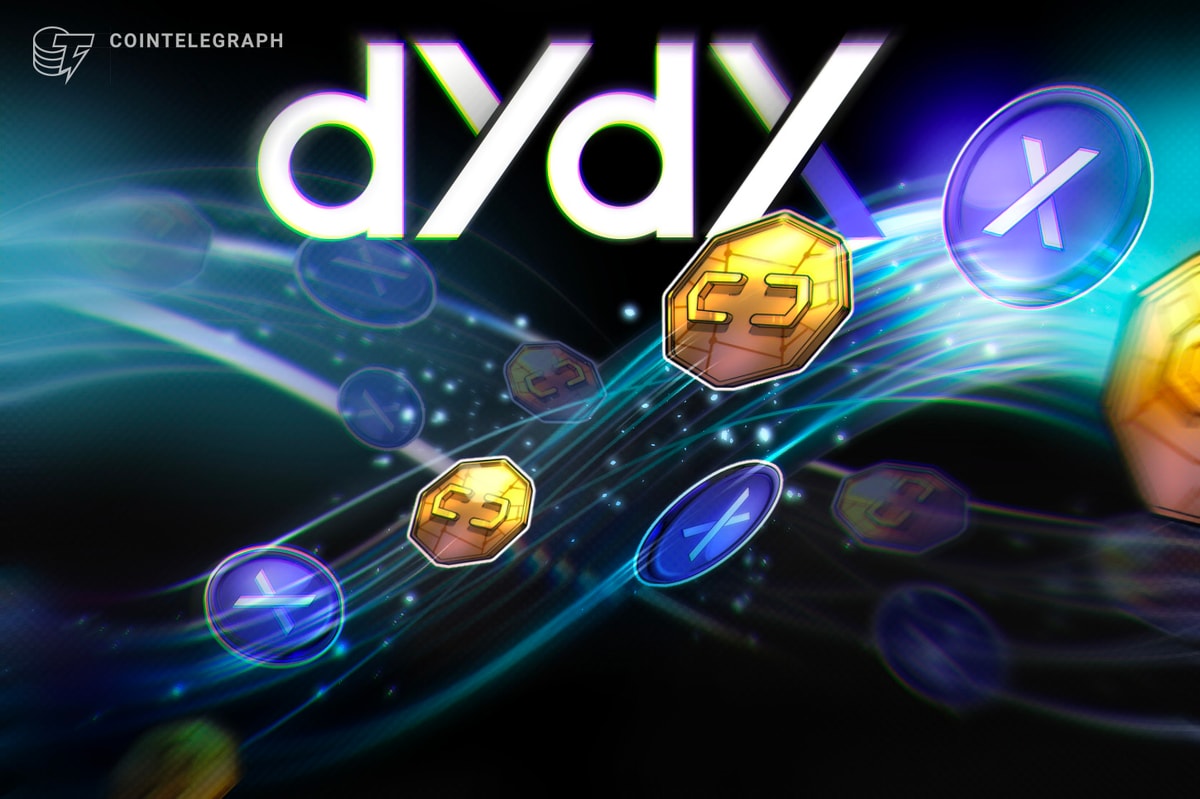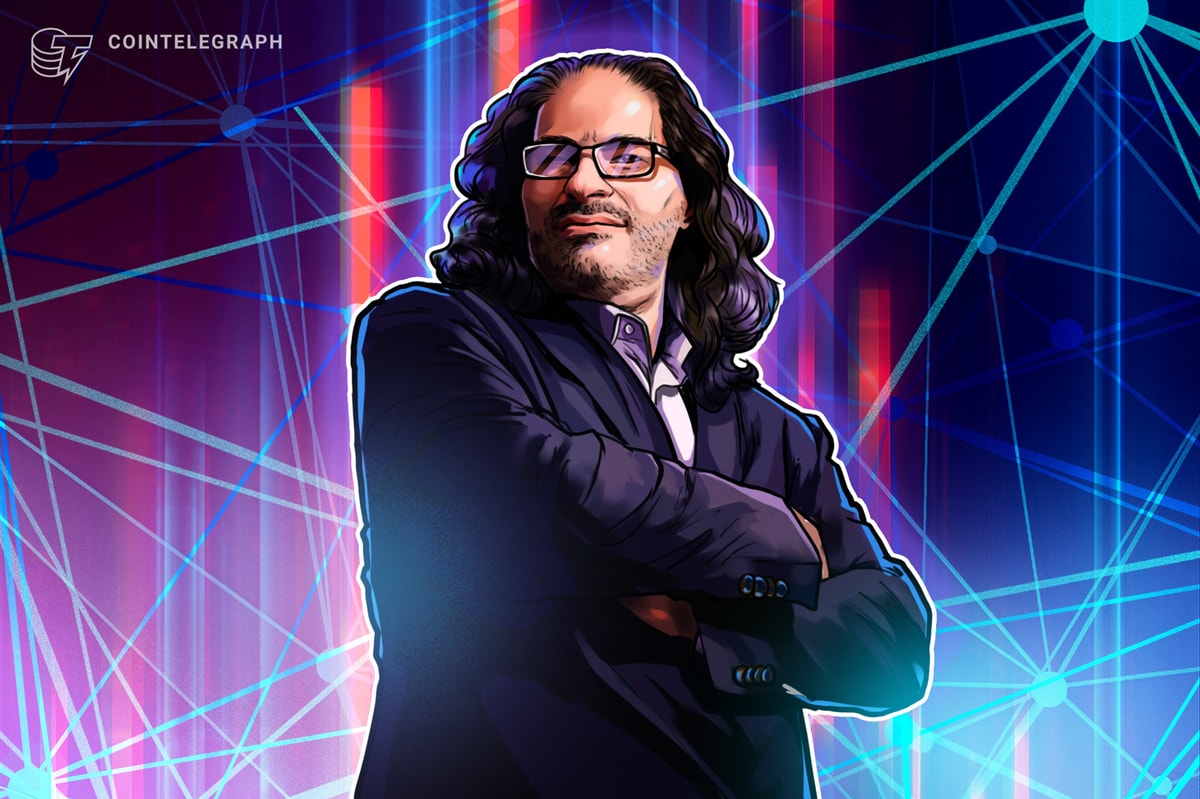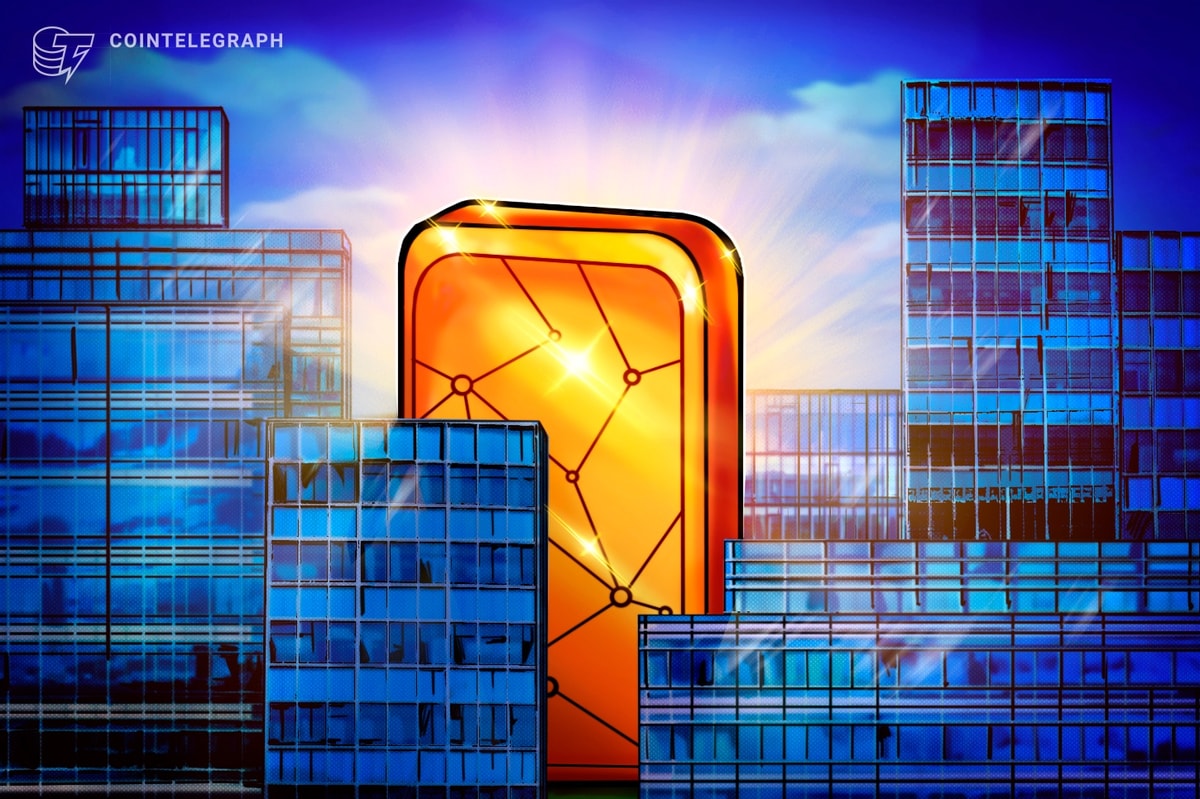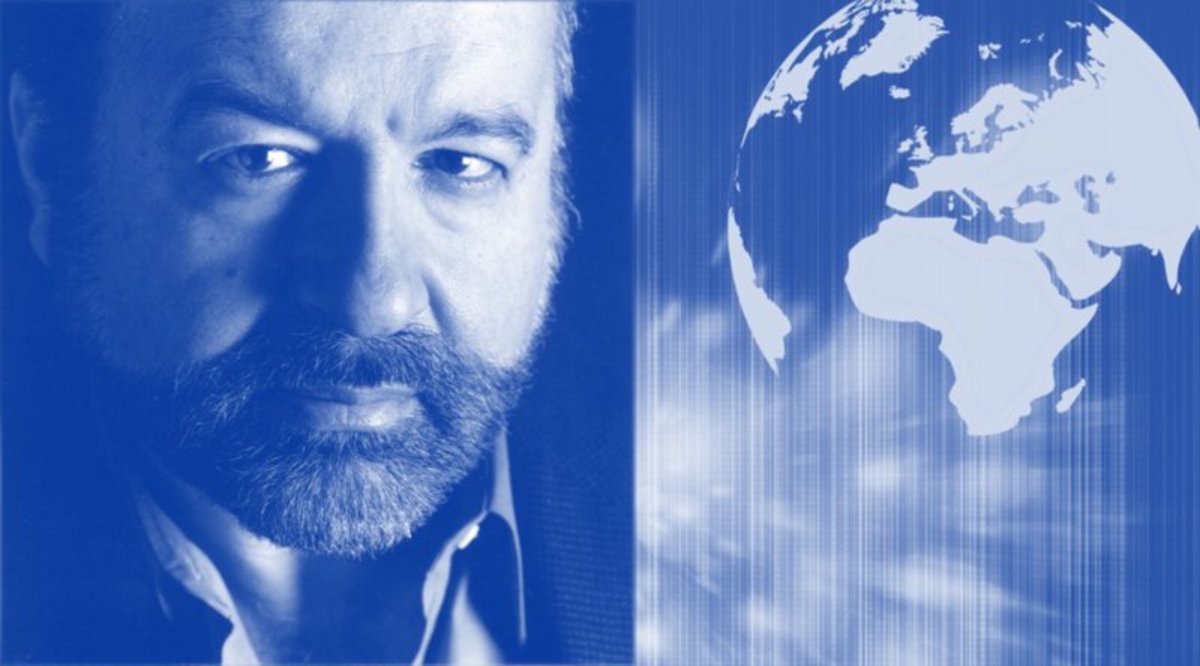
Hernando de Soto, a prominent Peruvian economist and authority on blockchains and property asset titling was recently announced as 2017 Global Award for Entrepreneurial Research recipient. The award ceremony will take place in Stockholm, Sweden on May 15, 2017.
Over the years de Soto’s work has had a major impact on land and other asset rights worldwide and was the primary inspiration behind the World Bank’s Doing Business program. Through his efforts, de Soto has argued that the main problem in many developing nations is not capital per se but a lack of property rights. This point was the central piece in his popular book The Mystery of Capital: Why Capitalism Triumphs in the West and Fails Everywhere Else (2000).
De Soto says he was flattered by the award. “I was happy to find out that I was awarded although I’ve never met nor have any familiarity with the people involved. I been told that the award process goes through seven boards. The person who called to tell me said, ‘Did you know that you’ve been a candidate seven times?’ My first thought was, someone submitted my name six times and I was defeated on each of those occasions. Nevertheless I’m flattered because I’ve learned how important recognition becomes the older you get.”
In a statement, the Ambassador of Sweden to Peru, Anna Ferry, congratulated de Soto on the good news at his home. “It is an honor for me to congratulate Mr. Hernando de Soto on winning the prize. His contributions have had a large impact on policy formulation for improving people’s living conditions and livelihoods. I am certain that the current work of Mr. Hernando de Soto and the Institute for Liberty and Democracy (ILD) will continue to make a difference. I am also very happy that the prize goes to a Peruvian national this year.”
New Property Rights Through the Blockchain
De Soto has long asserted that citizens of poor countries are unable to develop plots of land or utilize them as collateral because they lack clear legal titles. He says that when ownership of assets is difficult to trace and validate amid no legally recognizable set of rules governing them, they become what he calls “dead capital,” with no real inherent value.
As such, de Soto has advocated for blockchain technology as a potential solution for solving these problems. Of note here is his involvement with BitFury on a blockchain technology project to build a new land registry in the Republic of Georgia.
In an interview with Bitcoin Magazine, de Soto noted that significant progress has been made in titling about half of his native country of Peru, mainly in the urban sector. He says that the issue of property and contracts has now come up in the hinterlands of Peru as well, due to that area’s recent economic emergence.
“As conflicts arise, because some people get richer than others, problems and conflicts that are related to the non-identification of who is entitled to what continue to surface. All sorts of documentation issues exist in terms of how to title and award a property, which we continue to look at.”
De Soto notes that the presence of Facebook may serve as an additional tool in these ongoing titling efforts. “We were somewhat surprised to discover that of 30 million Peruvians, 16 million have Facebook accounts. We were able to reach about 14 million in a recent campaign of ours.”
In terms of advancing the intersection between the blockchain and land titling, de Soto explained, “What we are essentially talking about here is re-writing something that is already formatted and standardized on paper. So the question becomes ‘what happens to the five billion or so global citizens who are not tied to traditional property reporting system?’”
He added that these five billion people are mainly but not exclusively in developing countries as well as in the former Soviet nations. Those people, he says, hold ledgers that are related not only to land; rather, they are related to all the assets they have.
“When assets were officially recorded back quite a ways in time, they weren’t separated out. This is thus the situations in terms of the ledgers of five billion people in the world.”
It’s here where de Soto believes that advanced reporting systems allow for distinctions separating the land, the livestock, the buildings that are on the land, and the water rights to the stream that’s next door. This is where he touts the qualities inherent in the blockchain technology with its hashes and ways of being precise, cheaper, and more secure while preserving privacy and engendering trust.
He calls the current period the “Pre-Blockchain,” in regard to asset titling. What still needs to be worked out is how digital ledgers that exist today can be brought up to speed with the challenges he has seen and experienced for over thirty years in walking the world and working for different countries.
“Everywhere you go, things are on ledgers and they obey certain basic principles and they seem to have the same deficiency. And so the question then is ‘how do you make all of those systems of ledgers and paper compatible with the blockchain?’ That’s what we are currently working on.”
He says that Bitfury, whom he has collaborated with in the past, has asked him to join their board of advisors — an opportunity he says will allow him to become further familiarized with what blockchain technology is all about.
“By being associated to them on the advisory board, I listen and become acquainted with their business by seeing what they do and don’t do. We examine ways of bringing various ledgers together and create a comprehensive information infrastructure. And we ask questions about how to build true reputation and trust through a blockchain system.”
Photo of Hernando de Soto by I4LD 1 and Flavia Gandolfi - Institute for Liberty and Democracy, CC BY-SA 3.0 https://commons.wikimedia.org/w/index.php?curid=8062728





